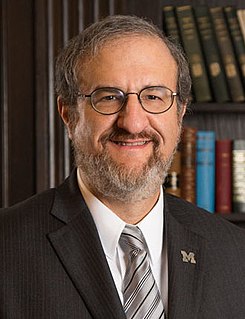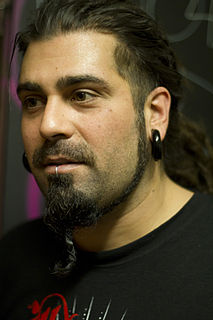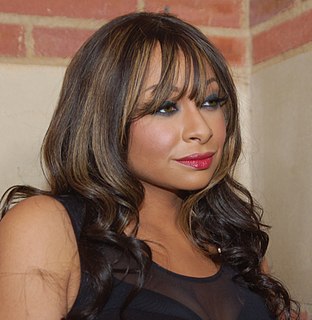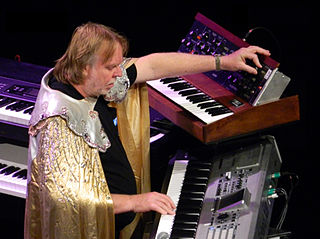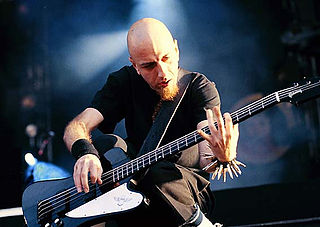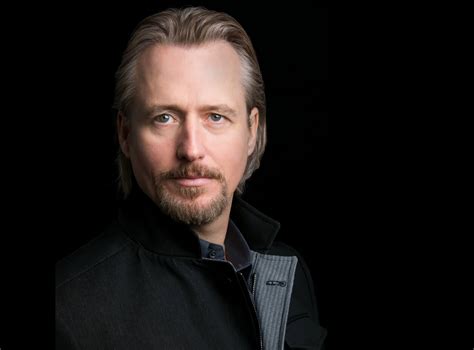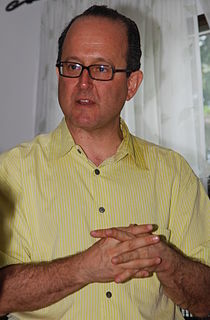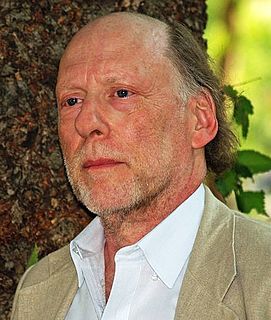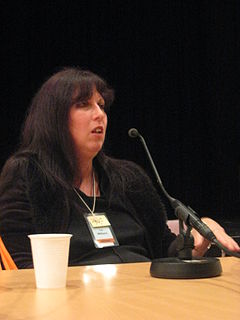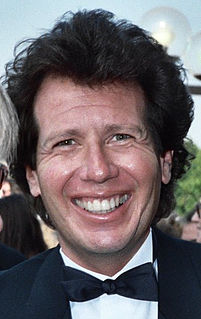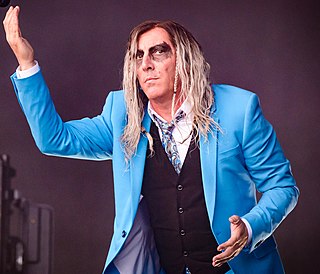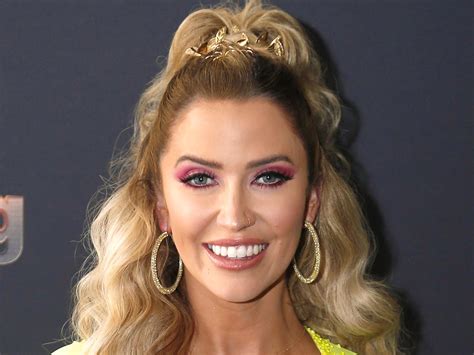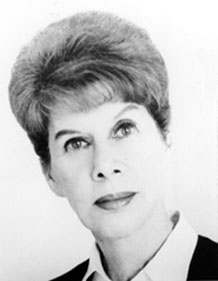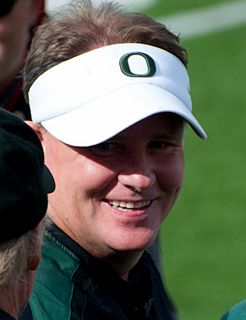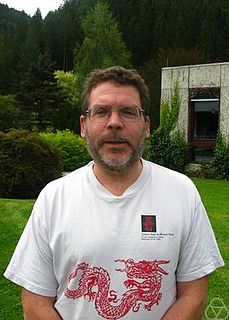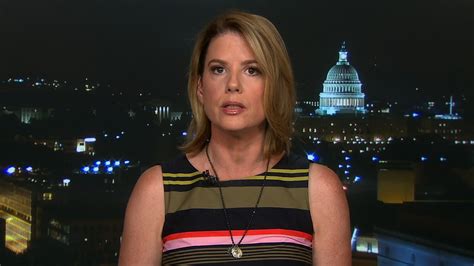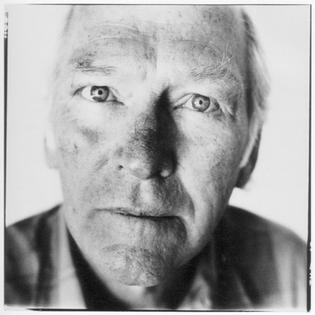Top 1200 Personal Beliefs Quotes & Sayings - Page 3
Explore popular Personal Beliefs quotes.
Last updated on December 2, 2024.
I think we at the faculty level have to model this behavior of having people that really truly disagree with one another be able to discuss those beliefs with one another at the level of discussion and argument and not at the level of, you know, personal attack so that our students can learn how to do that, too.
An extremely important part of our work toward emotional growth and change will come from examining our belief systems regarding all areas of life. To gain the courage to be yourself, you need to address the beliefs that are keeping you stuck where you are. What beliefs, assumptions, and attitudes are you holding onto even though they no longer enhance your life? It is possible to free yourself from worn-out beliefs and acquire ones that bring happiness, strength, and self-esteem. What we believe we may become.
SETH said: The natural person is to be found, now, not in the past or in the present, but beneath layers and layers of official beliefs, so you are dealing with an archeology of beliefs to find the person who creates beliefs to begin with. As I have said often, evidence of clairvoyance, telepathy, or whatever, are not eccentric, isolated instances occurring in man's experience, but are representative of natural patterns of everyday behavior that become invisible in your world because of the official picture of behavior and reality.
Holding on to beliefs limits our experience of life. That doesn't mean that beliefs or ideas or thinking is a problem; the stubborn attitude of having to have things be a particular way, grasping on to our beliefs and thoughts, all these cause the problems. To put it simply, using your belief system this way creates a situation in which you choose to be blind instead of being able to see, to be deaf instead of being able to hear, to be dead rather than alive, asleep rather than awake.
[He] seems to want it both ways: the freedom to hold and express beliefs, and immunity from criticism for those beliefs. This is the kind of attitude that leads inexorably to totalitarianism. It is to be decried, particularly in a university environment where the search for truth necessitates that no belief be treated as sacred or above scrutiny.
I really like the idea of modesty. By the time I got into music, I was already wearing the scarf all the time, and it's really personal to me, my Muslim beliefs, so I decided to keep it and find a way to work around it. I don't see it as a restriction or limitation - I can still be me and get into music and be an entertainer.
The average religious person has their beliefs, but they're not trying to get people fired who don't have their beliefs. But zealots do do that. It's not enough for them to believe it; they can't tolerate other people who don't believe what they believe, and they have this absolute certainty that they're right.


